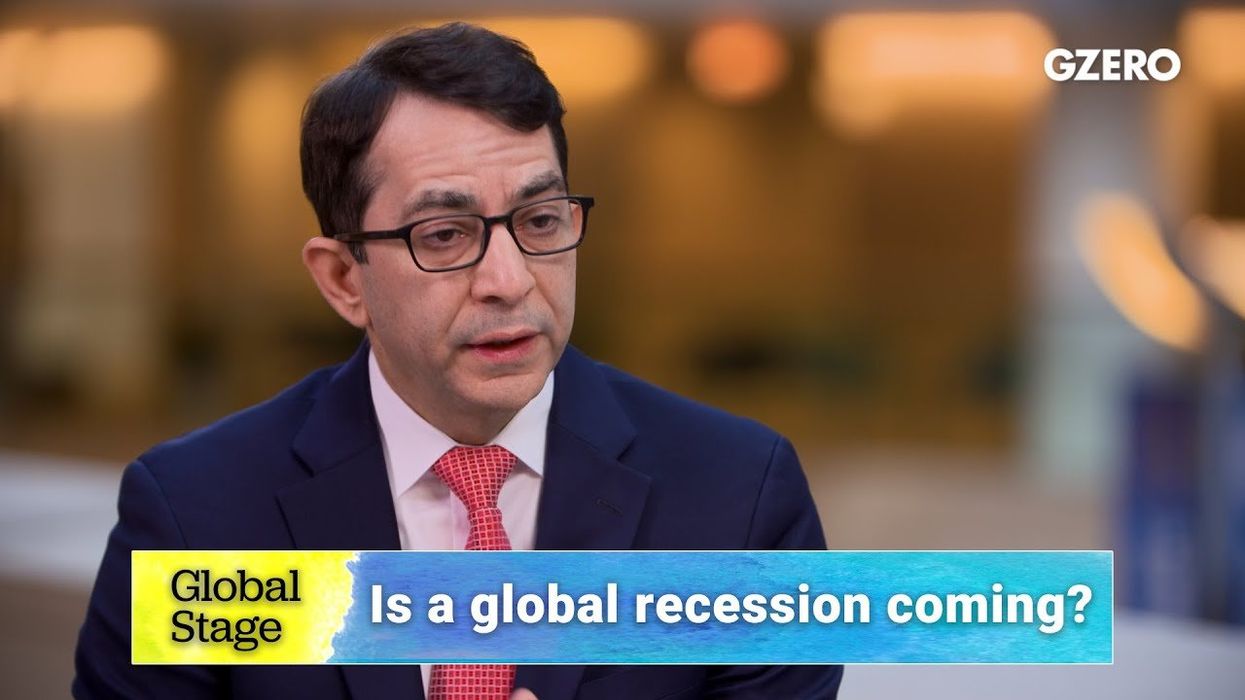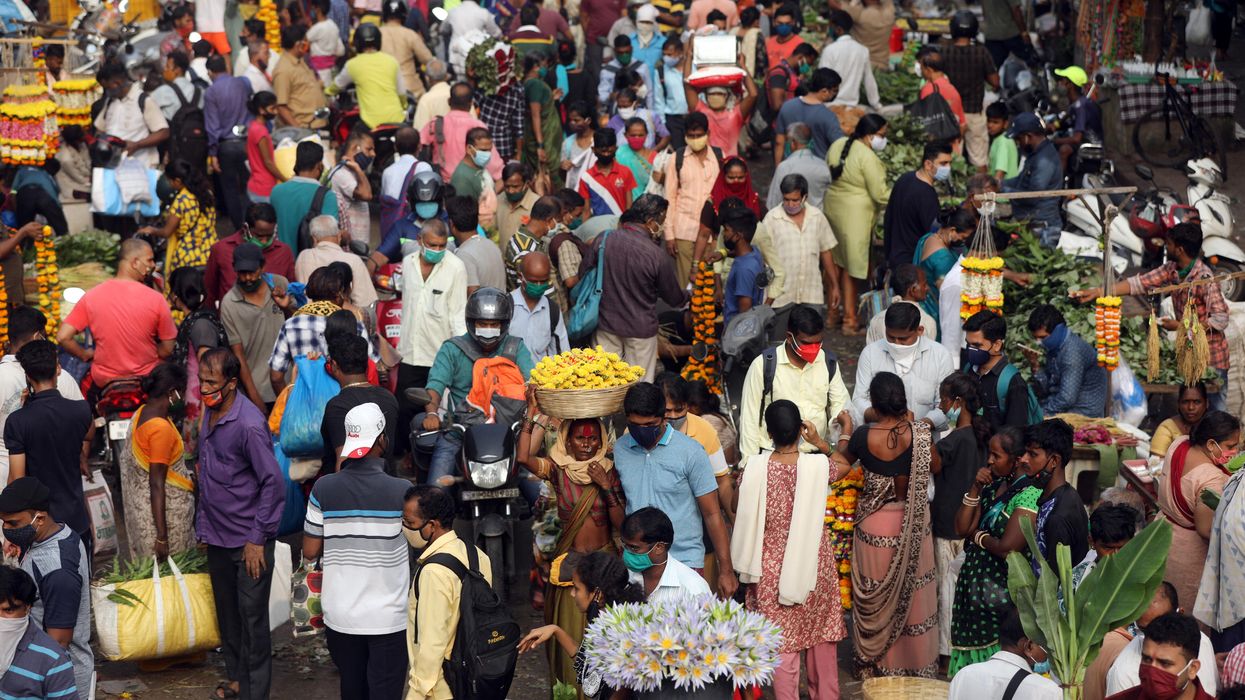Crisis Recovery
World faces "lost decade" of economic growth, says World Bank economist
The World Bank predicts that the global economy now faces a decade of lost growth, in part due to an older workforce and lower productivity. Is the way out of the looming doldrums to have a young population like Nigeria? Yes, but those countries will need help from wealthy nations to invest in things like education to reap the benefits of their demographic dividend, World Bank deputy chief economist Ayhan Kose tells GZERO's Tony Maciulis at the World Bank/IMF spring meetings in Washington, DC.
Apr 13, 2023


